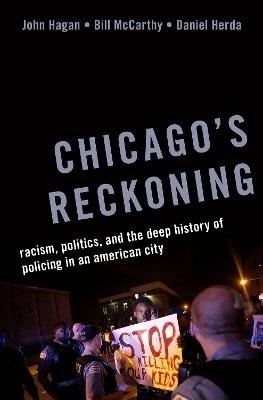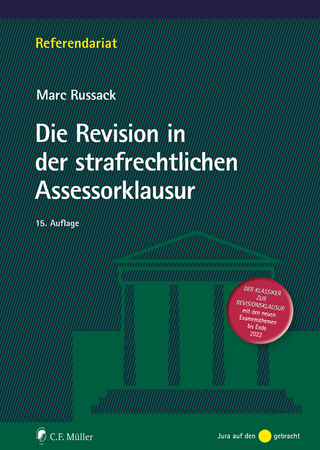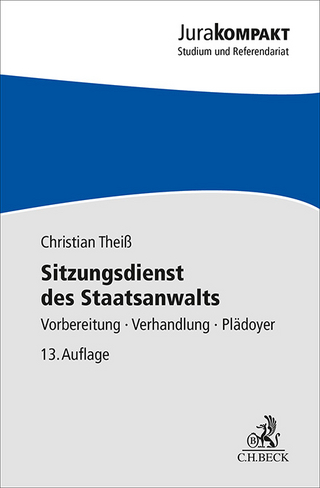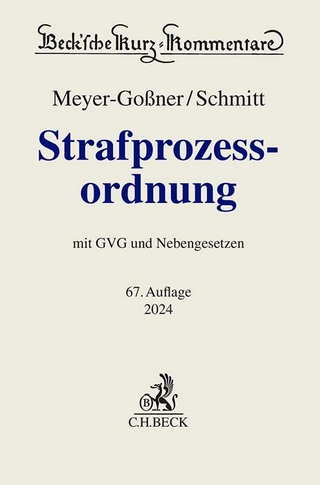
Chicago's Reckoning
Racism, Politics, and the Deep History of Policing in an American City
Seiten
2022
Oxford University Press Inc (Verlag)
978-0-19-762786-0 (ISBN)
Oxford University Press Inc (Verlag)
978-0-19-762786-0 (ISBN)
Chicago's Reckoning confronts the complicated history of race, politics, and policing in Chicago through a study of Richard J. and Richard M. Daley's terms in mayoral office. The book uses a study of police misconduct and political corruption in Chicago to develop an exclusion-containment theory of legal cynicism that explains ongoing problems with urban policing.
A searing examination of the long history of police misconduct and political corruption in Chicago that produced the city's current racial reckoning
Chicago faces a racial reckoning. For over 50 years, Chicago Mayors Richard J. and Richard M. Daley were at the helm of a law-and-order dynasty that disadvantaged predominantly Black and Brown neighborhoods and covered up heinous crimes against Black men. During his 1980-2012 tenure as State's Attorney and Mayor, Richard M. Daley (son of Richard J. Daley) led a law enforcement bureaucracy which permitted police detective John Burge to supervise the torture of over 100 Black men on Chicago's South and West Sides. Misguided policies on "gangs, guns, and drugs," support for a racialized code of silence and police misconduct, and a lack of meaningful punishment, have ensured that these leaders' effects on Chicago are still sorely felt.
In this book, John Hagan, Bill McCarthy, and Daniel Herda confront the complicated history of race, politics, and policing in Chicago to explain how crime works from the top-down through urban political machines and the elite figures who dominate them. The authors argue that the Daleys' law enforcement system worked largely to benefit and protect White residential areas and business districts while excluding Black and Brown Chicagoans and concentrating them in highly segregated neighborhoods. The stark contradiction between the promise "to serve and protect" and the realities of hyper-segregation and mass incarceration created widespread cynicism about policing that remains one of the most persistent problems of contemporary Chicago law enforcement.
By holding a sociological lens up to the history of this quintessential American city, Chicago's Reckoning reveals new insights into the politics of crime and how, until we come to terms with our history and the racial and economic divisions it created, these dynamics will continue to shape our national life.
A searing examination of the long history of police misconduct and political corruption in Chicago that produced the city's current racial reckoning
Chicago faces a racial reckoning. For over 50 years, Chicago Mayors Richard J. and Richard M. Daley were at the helm of a law-and-order dynasty that disadvantaged predominantly Black and Brown neighborhoods and covered up heinous crimes against Black men. During his 1980-2012 tenure as State's Attorney and Mayor, Richard M. Daley (son of Richard J. Daley) led a law enforcement bureaucracy which permitted police detective John Burge to supervise the torture of over 100 Black men on Chicago's South and West Sides. Misguided policies on "gangs, guns, and drugs," support for a racialized code of silence and police misconduct, and a lack of meaningful punishment, have ensured that these leaders' effects on Chicago are still sorely felt.
In this book, John Hagan, Bill McCarthy, and Daniel Herda confront the complicated history of race, politics, and policing in Chicago to explain how crime works from the top-down through urban political machines and the elite figures who dominate them. The authors argue that the Daleys' law enforcement system worked largely to benefit and protect White residential areas and business districts while excluding Black and Brown Chicagoans and concentrating them in highly segregated neighborhoods. The stark contradiction between the promise "to serve and protect" and the realities of hyper-segregation and mass incarceration created widespread cynicism about policing that remains one of the most persistent problems of contemporary Chicago law enforcement.
By holding a sociological lens up to the history of this quintessential American city, Chicago's Reckoning reveals new insights into the politics of crime and how, until we come to terms with our history and the racial and economic divisions it created, these dynamics will continue to shape our national life.
John Hagan is John D. MacArthur Professor of Sociology and Law at Northwestern University and the American Bar Foundation and author of numerous books including Iraq and the Crimes of Aggressive War, Reclaiming Justice, and Who Are the Criminals? Bill McCarthy is the Dean of Rutgers Newark School of Criminal Justice and Professor Emeritus of Sociology at the University of California Davis. He is co-editor of The Oxford Handbook of Gender, Sex, and Crime, with Rosemary Gartner, and co-author with John Hagan of Mean Streets: Youth Crime and Homelessness. Daniel Herda is Associate Professor and Chair of Sociology at Merrimack College and author of papers in Social Forces, Social Science Research, and Ethnic and Racial Studies.
| Erscheinungsdatum | 06.12.2021 |
|---|---|
| Verlagsort | New York |
| Sprache | englisch |
| Maße | 251 x 165 mm |
| Gewicht | 522 g |
| Themenwelt | Recht / Steuern ► EU / Internationales Recht |
| Recht / Steuern ► Strafrecht ► Strafverfahrensrecht | |
| Recht / Steuern ► Wirtschaftsrecht ► Wettbewerbsrecht | |
| Sozialwissenschaften ► Politik / Verwaltung | |
| ISBN-10 | 0-19-762786-2 / 0197627862 |
| ISBN-13 | 978-0-19-762786-0 / 9780197627860 |
| Zustand | Neuware |
| Informationen gemäß Produktsicherheitsverordnung (GPSR) | |
| Haben Sie eine Frage zum Produkt? |
Mehr entdecken
aus dem Bereich
aus dem Bereich
Buch | Softcover (2023)
C.F. Müller (Verlag)
24,00 €
Vorbereitung, Verhandlung, Plädoyer
Buch | Softcover (2024)
C.H.Beck (Verlag)
14,90 €
Gerichtsverfassungsgesetz, Nebengesetze und ergänzende Bestimmungen
Buch | Hardcover (2024)
C.H.Beck (Verlag)
115,00 €


